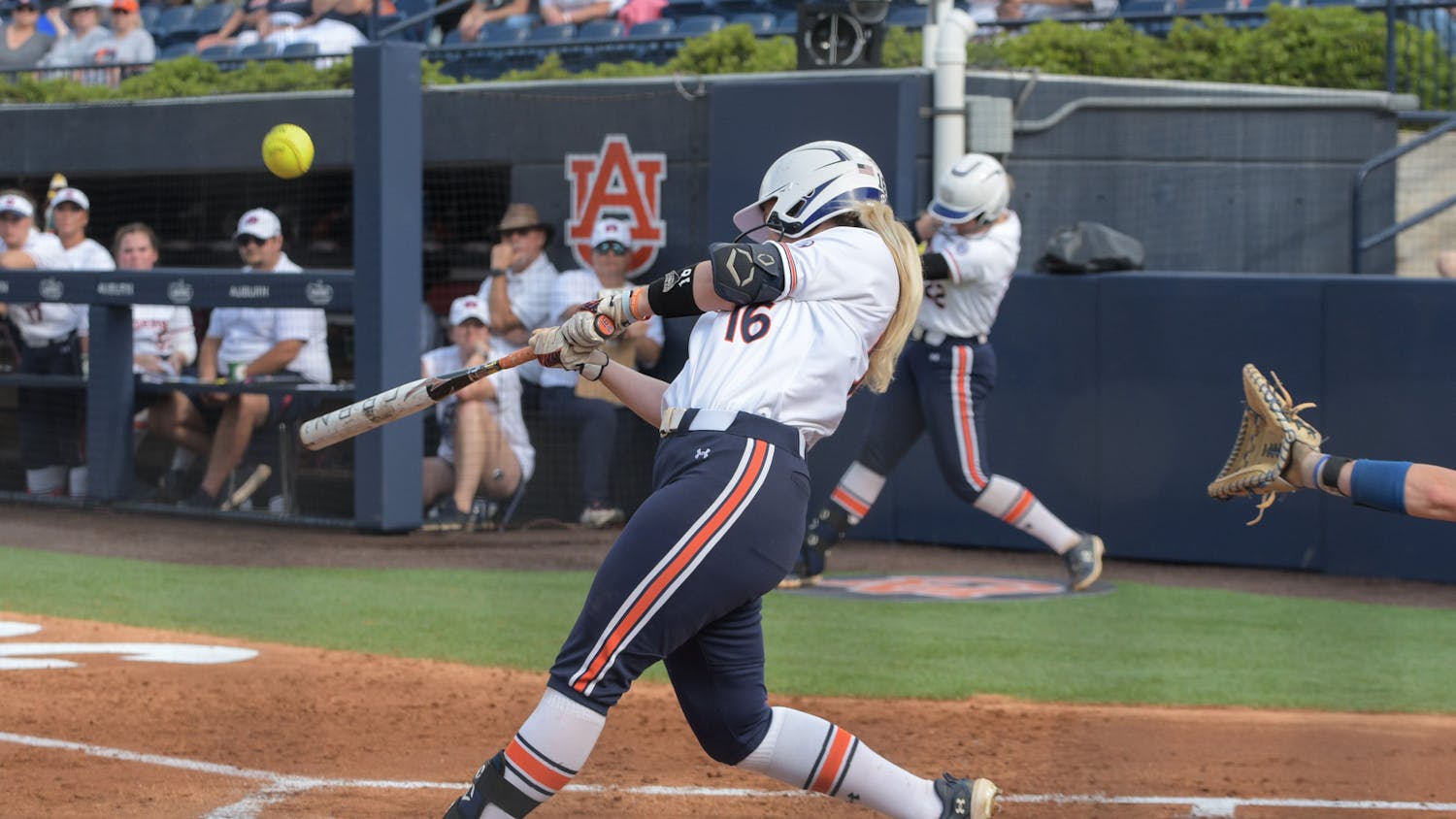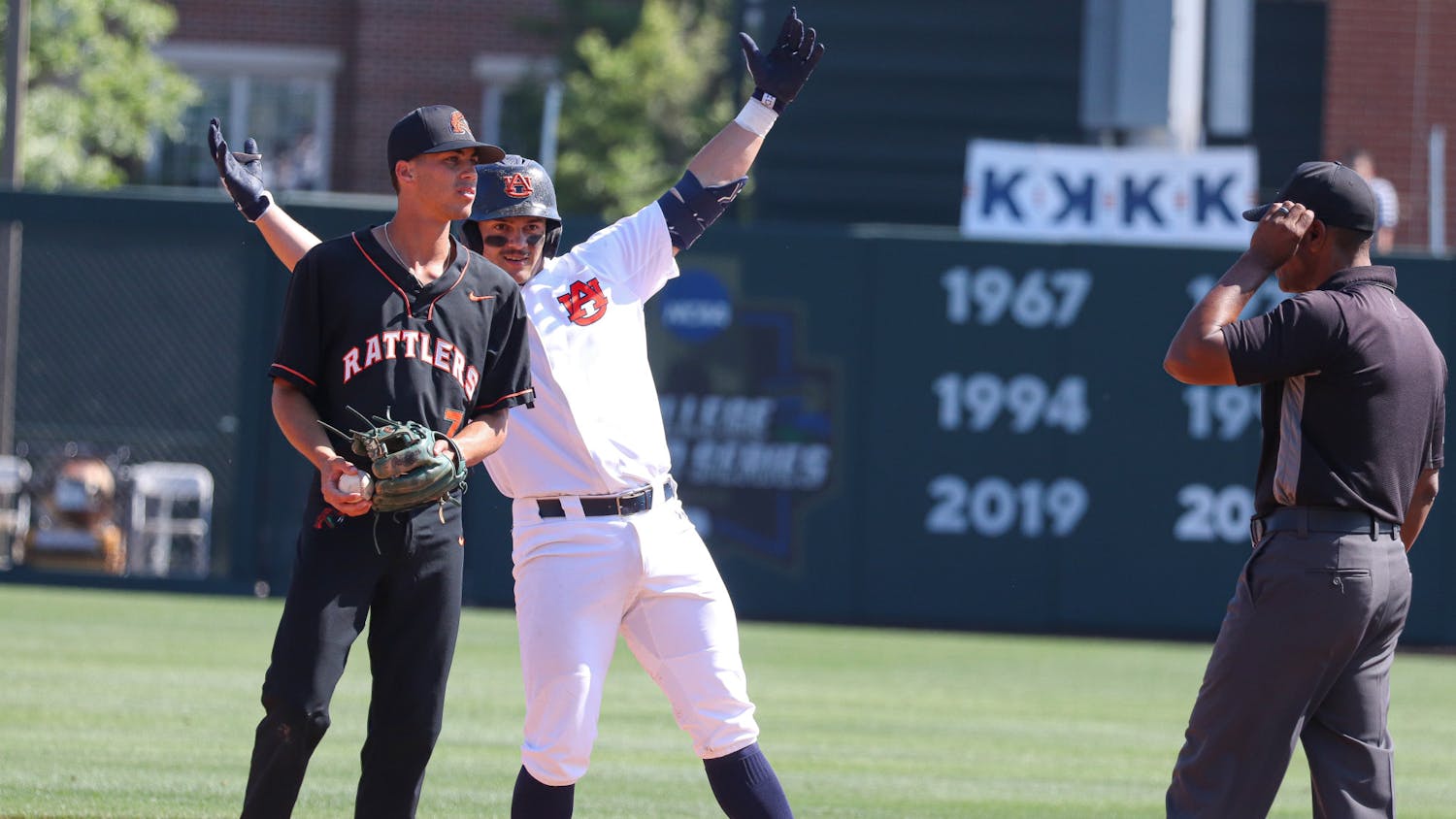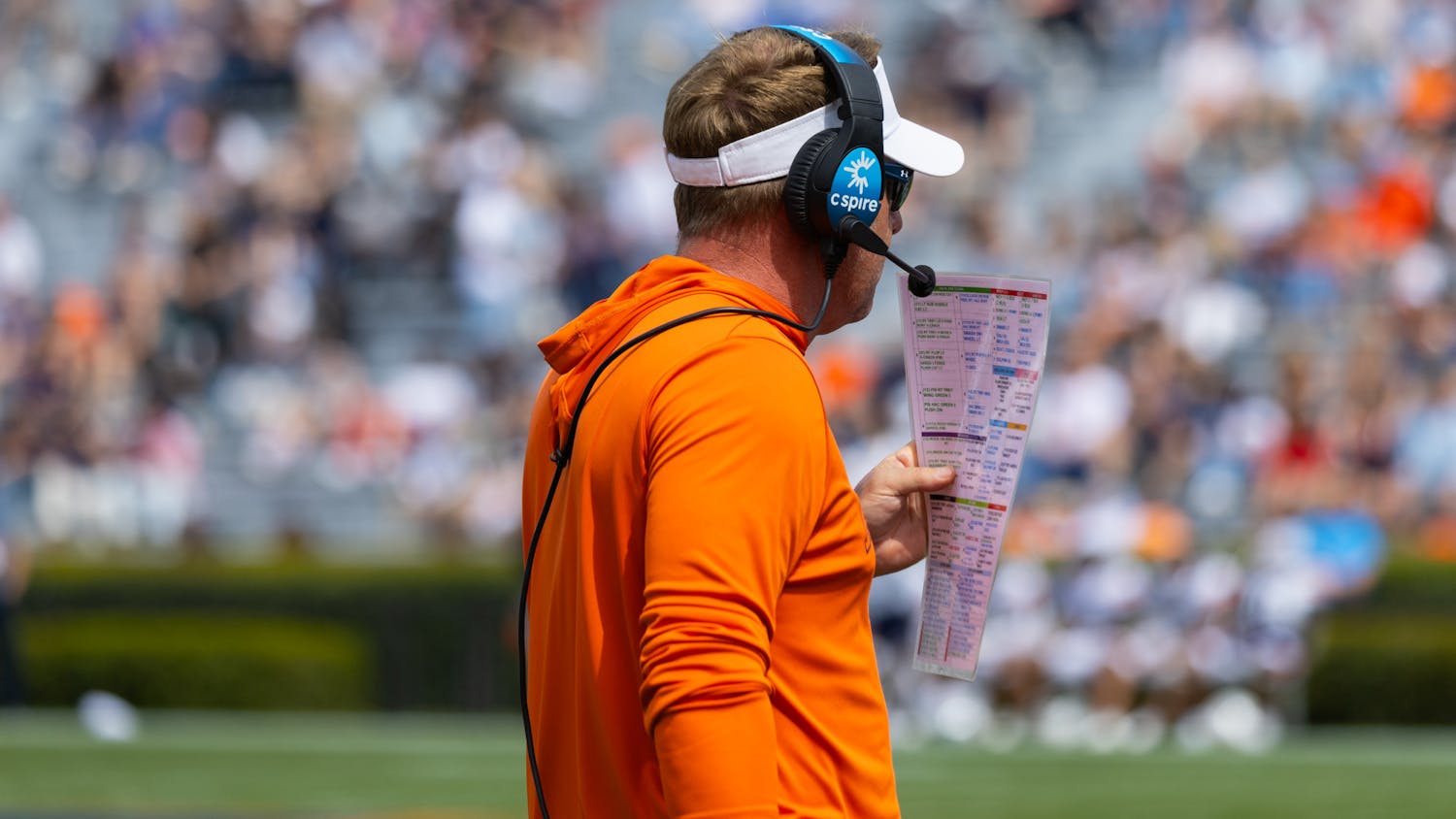Winter break for most involves warm evenings by fireplaces, dinners with family and opening presents around the Christmas tree. For some, a break is far from relaxing.
Alternative Student Breaks hosted six trips this past winter break.
“Overall, we had some very successful trips,” said Sydney Bayer, president of Alternative Student Breaks. “Not only were friendships made, Auburn University made major impacts in different communities in the Southeastern U.S. and Central America.”
Each trip consisted of one site leader, an Auburn faculty chaperone and a group of student participants. Locations varied from international destinations to localized missions and lasted about a week.
Community development in Managua, Nicaragua
Nicaragua, the poorest country in Central America and home to Nicaraguan Compact, hosted Auburn students during the work with Panorama Services and Travel.
Harley Moore, junior in biomedical sciences and site leader, led seven participants to Los Fierros, a rural farming community just outside Nicaragua’s capital city of Managua.
The group’s work mainly consisted of helping the community with the planting, growing
“I was unaware that coffee actually grew in cherries,” Moore said. “We went through the whole process of planting the fields, picking the cherries, de-pulping them and getting them ready to send off.”
The group spent a part of each day exchanging testimonials with community members in order to gain perspectives on Nicaraguan life.
Moore said the group discussed policy and, specifically, DACA being signed into legislation and now debated.
“You don’t have to go to a foreign country to help a country,” Moore said. “The things we vote on in America, the things we decide on have so much effect on these countries.”
Members of the community expressed concerns, as jobs in Nicaragua are hard to come by.
“I think, most importantly, it just shows them that people care about them and that they’re not forgotten,” Moore said.
Community development in San Cristobal, Dominican Republic
Erin VanMeter, junior in industrial design, returned to San Cristobal, Dominican Republic, once again to work with Appleseed Expeditions.
VanMeter and her crew of students worked to update a local park. This year they added an Auburn touch by decorating some of the trees just like those on Toomer’s Corner after a game-day win.
“Not only do the kids love it, but the parents do too,” VanMeter said. “Before Auburn committed to this project, they didn’t have a place to hold birthday parties or have gatherings, and sometimes they have weddings there. So, now they use that for all these activities.”
After working at the park, the group visited a local hospital with pillows and blankets in hand.
VanMeter said their time at the hospital and at a local orphanage working with Bread of Life feeding children opened the eyes of students. Along with serving food, Bread of Life sets up a pop-up health clinic, providing needed medical attention.
The trip was special for the members who have been on the same trip multiple times, as they have gotten to build a relationship and get to know the people there.
“It’s something that we’re always going to come back for these relationships,” VanMeter said. “That’s what I love about going back to the same place. We’re not just a blink of an eye to them.”
Children’s healthcare in Nashville, Tennessee
Nashville’s alternative break focused on healthcare. The group worked alongside retired doctors at Project C.U.R.E.
Project C.U.R.E. packs large shipping crates full of sutures, orthopedics and other medical supplies. According to Project C.U.R.E., each container has approximately 10,000 medical procedures in it. ASB’s crate is on its way to Kenya.
The group spent a day volunteering at the Hope Lodge, which is the American Cancer Society’s housing for those who need long-term treatment. They made 82 Christmas cards and delivered them to patients with hot chocolate and apple cider.
“At this point, I had known these people for three trainings and two days and here we’re talking about this terrible disease so openly in front of each other,” said Jack Fruin, senior in biomedical sciences. “It kind of brings a tear to your eye.”
Along with sorting medical supplies, Fruin and his group sorted toys at Ronald McDonald House and the TriStar Centennial Children’s Hospital.
“At every point, I felt like the group killed it a lot faster than anyone thought they were going to be able to do it,” Fruin said. “It was awesome to see them work and serve.”
Hunger and food and security in Hilton Head, South Carolina
Many know Hilton Head, South Carolina, as a vacation spot for the wealthy. Students saw a different side while serving.
Clare Sweeney, senior in human sciences, said the group spent time at Healing Waters Mission, the Children’s Center and Bluffton Self-Help.
“The group felt extremely fortunate to not only enjoy the natural beauty of the island but to gain a new perspective on and appreciation for Hilton Head,” Sweeney said.
Healing Waters is a nonprofit organization that takes donations from a local food bank to deliver food and supplies to those in need who cannot physically leave their house.
The last day of the trip was spent volunteering at Bluffton Self-Help, which aims to provide for short-term needs.
“Passion,” said Holly Wiggins, junior in biomedical sciences. “We saw it in every place of service the entire week.”
Animal welfare in Tampa Bay, Florida
Reid Cacaro, junior in animal sciences on the pre-veterinary track, led 10 students who volunteered at Big Cat Rescue in Tampa Bay, Florida.
Big Cat Rescue is one of the world’s largest accredited sanctuaries for exotic cats. It was a great spot for the group to go to for Cacaro because of how hands off they are with the cats.
The group was able to clean out three enclosures, 2-3 acres in size each, which consisted of cleaning debris, weed-whacking and other tasks.
“We weren’t staying at the Ritz Carlton,” Cacaro said. “We were sleeping on air mattresses and bunk beds, but that didn’t affect anyone’s mood. The trip is what you make of it, really.”
Griffin Cornelia, junior in building science, was one of two participants who was not majoring in pre-vet. He said he is asked why he participates.
“Going out of my comfort zone and gaining new experiences is something that I will carry with me much after graduation,” Cornelia said. “I think that it is something that strengthens my education and allows me to grow as a college student.”
Children’s healthcare in Atlanta, Georgia
Just two hours away, ASB students volunteered with Children’s Healthcare of Atlanta, Scottish Rite Hospital and the Ronald McDonald House in Atlanta.
“It was very busy, but it was very rewarding to get to serve in so many places in such a short amount of time,” said Sam Spark, senior in microbial biology.
They coordinated the toy drive at Children’s Healthcare of Atlanta and spent time at two of the largest hospitals in the Northeast.
“We helped a lot of kids who couldn’t walk and were in wheelchairs. Helping them do crafts was really physical therapy for them because they don’t have the fine motor skills that normal developing kids have. So, it was really nice to help those kids out,” Spark said.
Do you like this story? The Plainsman doesn't accept money from tuition or student fees, and we don't charge a subscription fee. But you can donate to support The Plainsman.



